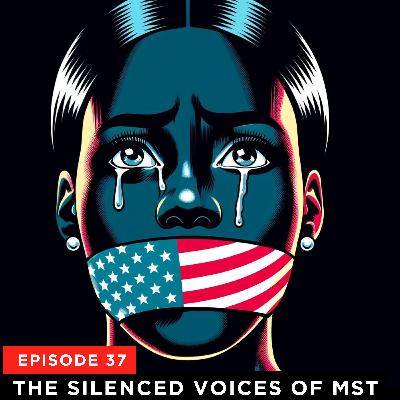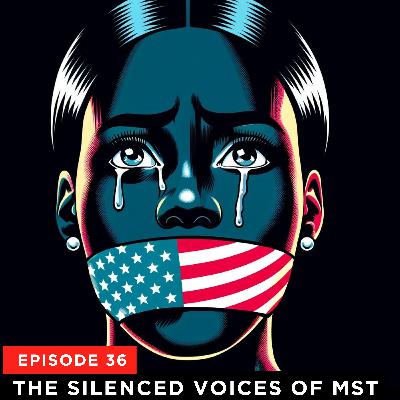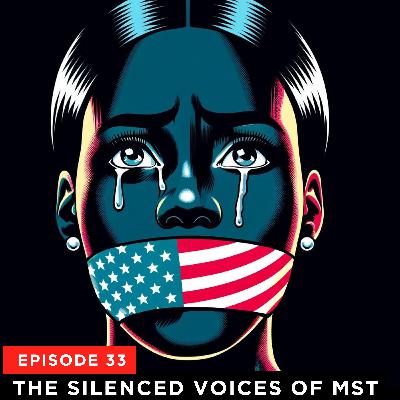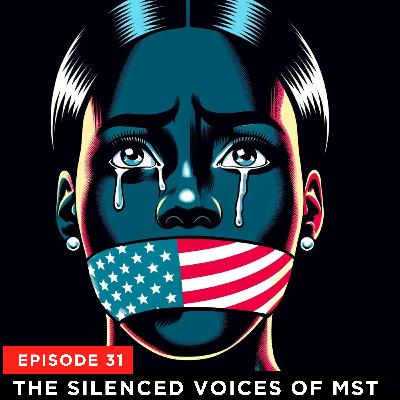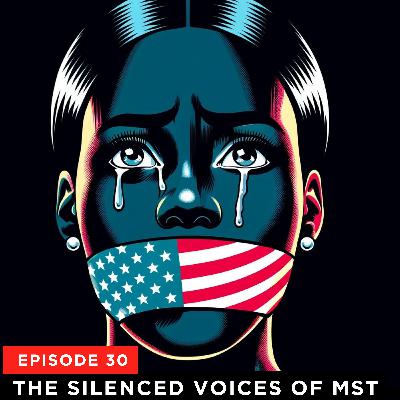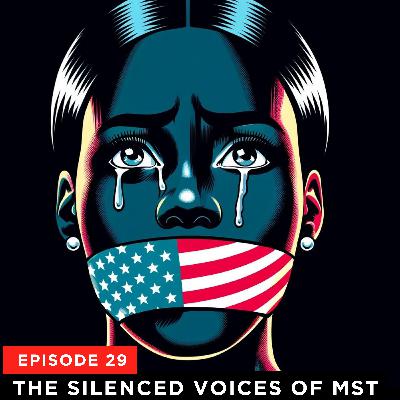Michael Hineline, owner of Float Brothers Float Spa in Destin, Florida, discusses the benefits and experience of float therapy. He shares the origins of float therapy, the anti-gravity environment created by the high concentration of Epsom salt, and the benefits of floating in a sensory deprivation tank. Michael explains how float therapy can be customized to individual preferences and how it can be used as a tool for mental health and self-care. Michael and Rachelle discuss the positive impact of float therapy on active duty military personnel and veterans, as well as the nonprofit initiatives aimed at providing free floats to those with PTSD. Michael emphasizes the importance of letting go and finding balance in life. He takes us through the process of a float spa experience, from the initial logistics to the first float and subsequent sessions. He explains the filtration and sterilization process to ensure a clean and safe environment. TakeawaysFloat therapy involves floating in a sensory deprivation tank filled with a high concentration of Epsom salt, creating an anti-gravity environment.Float therapy can be customized to individual preferences, including music selection and lighting options.Float therapy has numerous physical and mental health benefits, including muscle recovery, reduced inflammation, decreased stress levels, and improved sleep.Float therapy can be a valuable tool for individuals with PTSD and trauma, providing a safe and non-verbal space for healing.Float therapy has been particularly beneficial for active duty military personnel and veterans, with programs offering free floats and support.Incorporating float therapy into a balanced lifestyle can enhance mindfulness, self-reflection, and overall well-being. Float therapy is an exercise in letting go and finding balance in life.The first float experience focuses on the mechanics and logistics, while subsequent floats delve into the benefits and personalization.Float spas have a rigorous filtration and sterilization process to ensure a clean and safe environment.To Learn More Visit:https://floatbrothers.com/https://www.facebook.com/floatbrothers/info@floatbrothers.comhttps://www.flowfwd.org/Share your story at info@silencedvoicesmst.com. If you prefer to remain anonymous, visit our website for more information on how to share your story confidentially.No material on this podcast is intended to be a substitute for professional medical advice, diagnosis or treatment and should not be relied on as medical advice. Always consult with a qualified and licensed physician or other medical care provider, and follow their advice.If you are experiencing thoughts of harming yourself or others, please contact 911 or any of the following resources:Veterans Crisis Line - 988, then press 1NAMI - 1-800-950-NAMI (6264)Your generosity helps us cover hosting costs, improve production quality, and bring you even more stories of hope and resilience. (https://www.paypal.com/donate/?campaign_id=JQJNN32TP3K2L)



